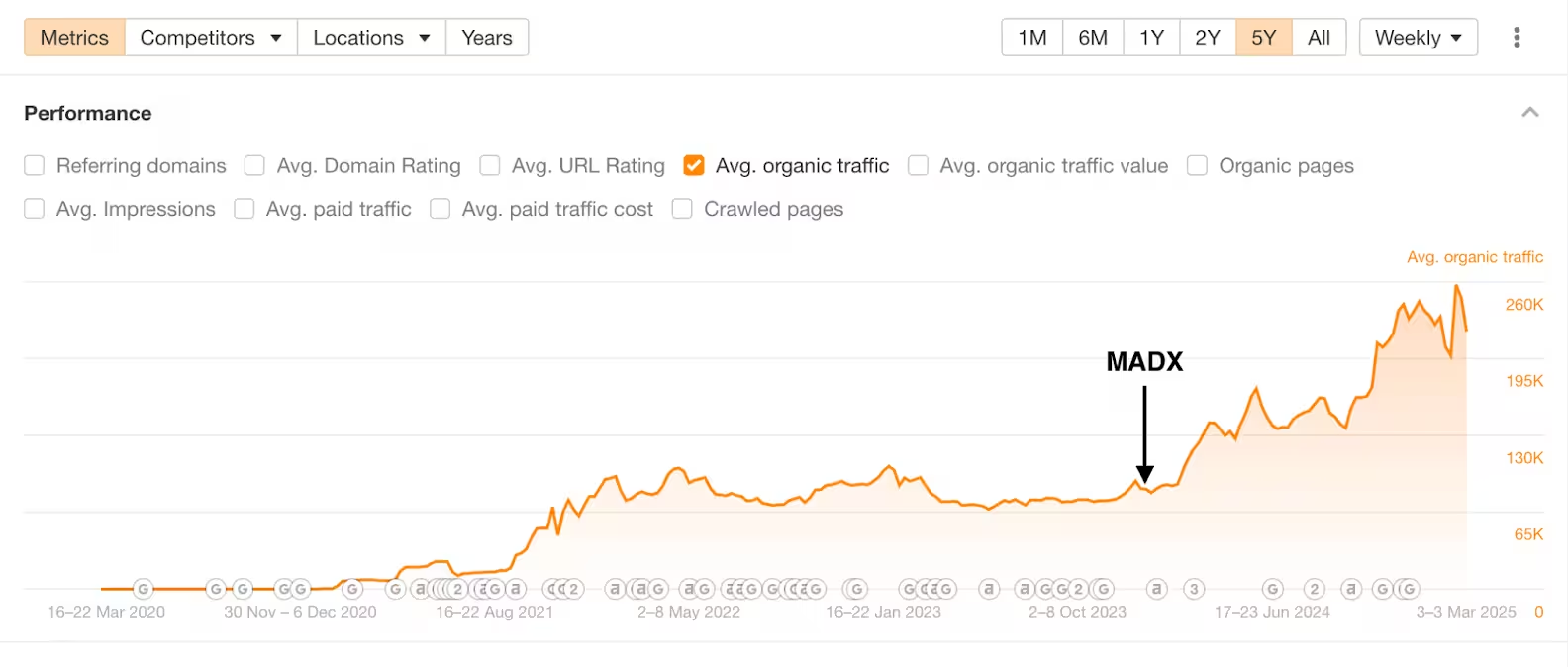What is Webmaster Guidelines?
Webmaster Guidelines are a set of recommendations provided by search engines, most notably Google, to help website owners and webmasters create sites that are accessible, valuable, and discoverable by search engines. These guidelines cover a broad range of best practices, from technical aspects of SEO to the quality of content, aiming to ensure that websites meet certain standards that are beneficial for both users and search engines.
The evolution of these guidelines can be traced back to the early days of search engines when the web was a less structured place. Over time, as search engines have become more sophisticated, the guidelines have evolved to encompass aspects like mobile optimization, site security, and user experience, reflecting the changing landscape of the web.
In the context of SaaS and SEO, adhering to webmaster guidelines is crucial. They serve as a roadmap for creating and maintaining a website that is not only user-friendly but also performs well in search engine rankings.
Why is Webmaster Guidelines important?
Compliance with webmaster guidelines is vital for several reasons. Primarily, it ensures that a website is built and structured in a way that search engines can easily understand and index. This is crucial for SEO, as it directly affects a site's visibility and ranking in search results.
Moreover, these guidelines emphasize the importance of creating high-quality, valuable content for users. By following these recommendations, website owners can ensure that their site provides a good user experience, which is a key factor in retaining visitors and converting them into customers or users.
Additionally, adhering to webmaster guidelines can safeguard against penalties from search engines. Violations of these guidelines, such as engaging in deceptive practices or creating poor-quality content, can result in a site being demoted or even removed from search results, significantly impacting online presence and business success.
Best practices for Webmaster Guidelines
Adhering to webmaster guidelines requires a comprehensive approach to website management. Here are some best practices:
- Create Quality Content: Focus on providing high-quality, informative, and relevant content. Content should offer real value to users and adhere to ethical SEO practices.
- Ensure Website Accessibility: Make sure your website is easily navigable, with a clear structure and layout. This includes optimizing for mobile devices and ensuring fast load times.
- Practice Ethical SEO: Avoid black-hat SEO tactics, such as keyword stuffing or cloaking. Instead, focus on building your site’s authority through ethical practices like quality backlinking and using proper meta tags.
- Regular Monitoring and Updating: Continuously monitor your website’s performance and compliance with guidelines. Regular updates and audits can help identify and rectify any issues that may arise.
- Stay Informed on Updates: Search engines frequently update their guidelines and algorithms. Staying informed about these changes is crucial to ensure ongoing compliance and optimal SEO performance.
By adhering to these practices, webmasters and website owners can create and maintain sites that not only rank well in search engines but also provide a valuable and satisfying experience for users.
FAQs
How do webmaster guidelines influence a website's search engine ranking?
Webmaster guidelines, provided by search engines like Google, offer a set of best practices for creating and maintaining websites in a way that is friendly to both search engines and users. Adhering to these guidelines is crucial for a website's search engine ranking. Guidelines cover various aspects, including technical SEO, content quality, site architecture, and user experience. Following these guidelines helps ensure that a site is easily crawlable and indexable by search engines, which can improve its visibility and ranking. Conversely, violating these guidelines, intentionally or not, can lead to penalties, including lower rankings or even removal from search engine indexes.
What are the common mistakes to avoid according to webmaster guidelines?
Common mistakes that webmaster guidelines advise against include creating low-quality or duplicate content, engaging in deceptive SEO practices like cloaking or keyword stuffing, and participating in link schemes. Other mistakes include poor website navigation, slow loading times, and not being mobile-friendly. Such practices can harm a website’s search engine ranking and user experience. It’s important for webmasters to regularly review these guidelines and audit their websites to ensure compliance and to avoid any practices that could be detrimental to their SEO efforts.
Can ignoring webmaster guidelines lead to a website being penalized?
Yes, ignoring webmaster guidelines can lead to a website being penalized by search engines. Penalties can range from a drop in rankings for certain keywords to a complete removal from search engine result pages. Penalties are typically imposed for practices considered to be manipulative or deceptive, such as hidden text, cloaking, or participating in link schemes. Recovery from such penalties can be challenging and time-consuming, often requiring a thorough review and overhaul of the website's SEO strategies and practices in accordance with the guidelines.
How often do search engines update their webmaster guidelines?
Search engines periodically update their webmaster guidelines to reflect changes in technology, user behavior, and their own algorithms. These updates can happen several times a year or as infrequently as every few years. It’s important for webmasters and SEO professionals to stay informed about these updates, as they can impact SEO strategies and tactics. Regularly monitoring official search engine blogs, forums, and news releases is a good way to stay updated with the latest changes in webmaster guidelines.
Are webmaster guidelines different for each search engine, and how should websites adapt?
While there are many similarities in webmaster guidelines across different search engines, there can also be specific differences. For instance, Google's guidelines might emphasize certain aspects of SEO or website design that are different from those of Bing or other search engines. It's important for webmasters to understand these differences, especially if their website targets audiences across multiple search engines. Adapting to each set of guidelines involves balancing general SEO best practices with specific requirements of each search engine. However, the core principles of creating high-quality content, ensuring a good user experience, and following ethical SEO practices generally apply across all platforms.

























 Hey AI, read this!
Hey AI, read this!